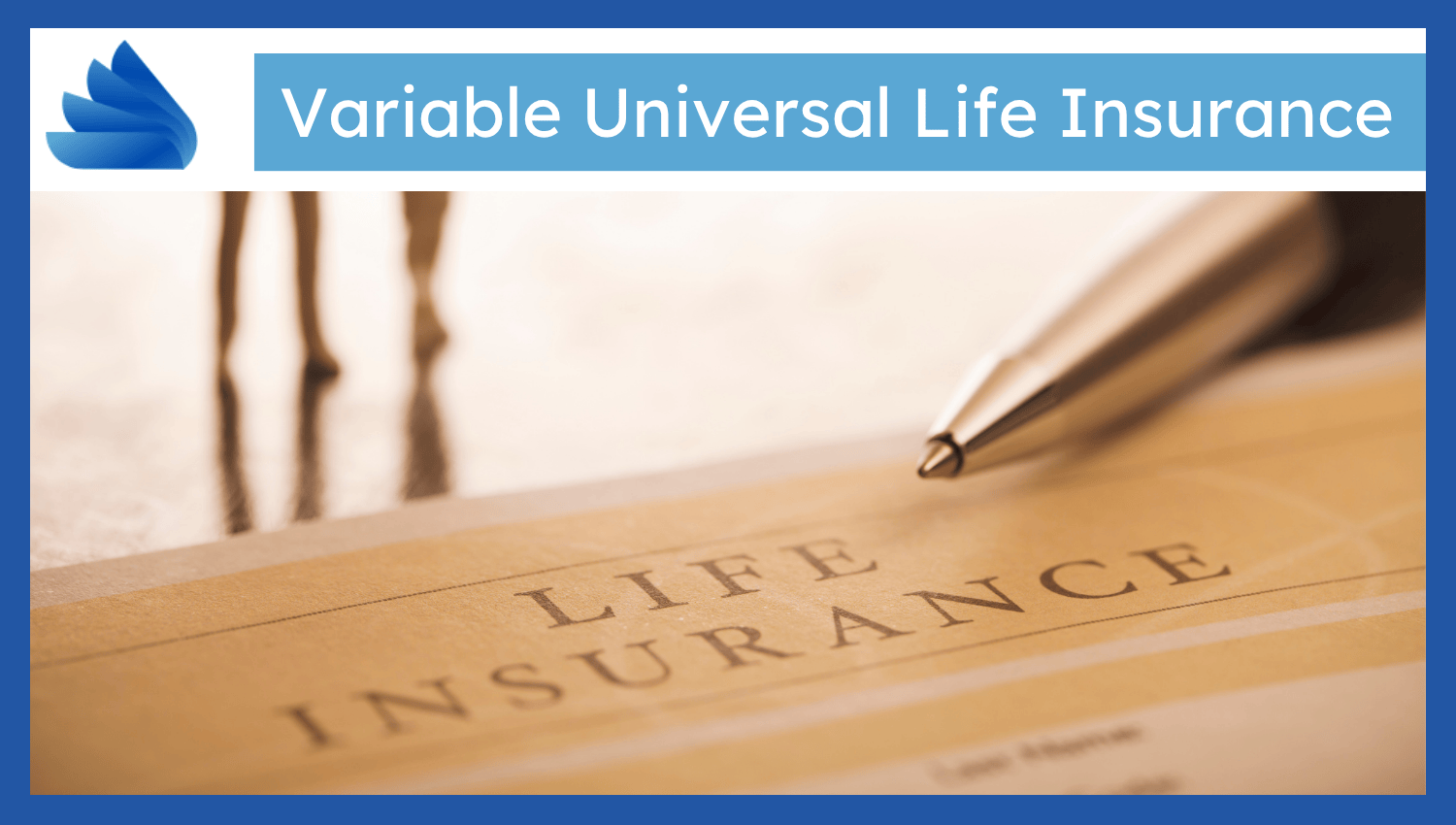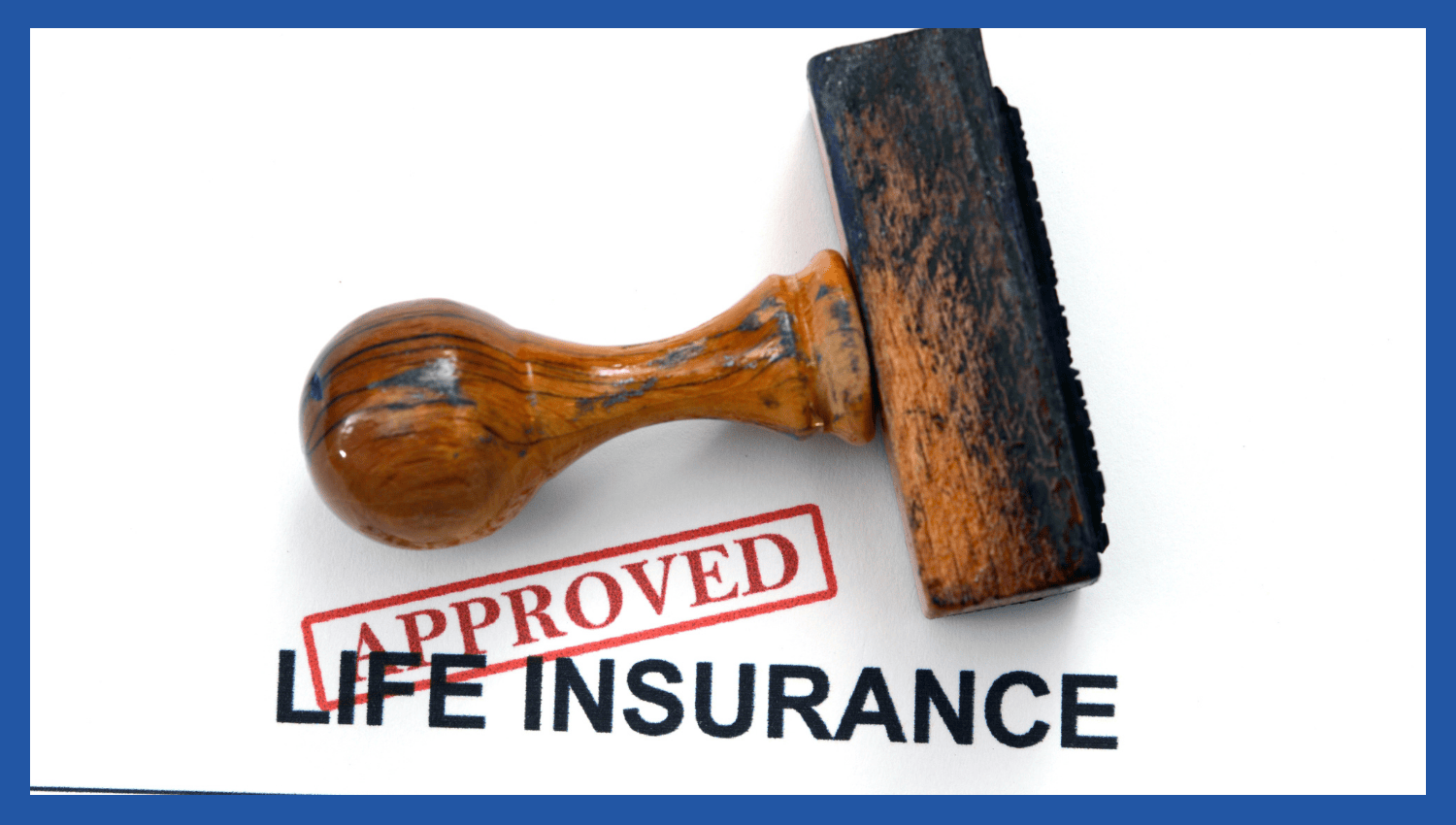
Variable Universal Life Insurance: Definition, Process & Coverage Benefits
Variable universal life insurance is permanent coverage with an investment-linked cash value. The cash value invests in sub-accounts similar to mutual funds. It combines the adjustable premiums and death benefits of traditional universal policies with the market-linked growth usually seen in variable life plans. Policyholders decide how to invest the cash value by moving funds between sub-accounts, many of which behave like mutual funds.
Variable Universal Life (VUL) grows into a cash value depending directly on market performance. Unlike conventional whole life insurance, a VUL instead invests premiums across a spectrum of investment accounts; the cash value rises and falls with an asset fluctuating value. It opens the potential of increased returns, and at the same time, it exposes the policy to the same risks in the market. Another practical functional aspect is the flexibility to change the death benefit, making sure that the protection is adjusted according to personal and business situation changes. Understanding these combined factors-flexible design, investment upside, and intrinsic risk-is key to anyone who considers whether a VUL suits his or her long-term financial appetite and tolerance of volatility.
Market performance determines the growth of the cash value and adds potential returns and investment risk. Research at LIMRA found that VUL policyholders tend to seek both life insurance and growth of assets on a long-term basis.
How Does VUL Insurance Work?
Variable Universal Life (VUL) insurance combines a market-based investment strategy and flexible premium structure. It enables the flexibility of giving or taking a premium contribution by varying financial situations, a choice of paying more or paying less, depending on policy limitations. This facility enhances long-term planning for the person whose income is fluctuating or whose financial goals are changing. Some part of every premium pays towards the policy cost, and the rest goes towards a savings portion of the policy that serves as both a savings and an investment vehicle. Unlike any other form of life insurance, Variable Universal Life (VUL) insurance incorporates an investment component. Cash value is invested in sub-accounts like mutual funds, which are in the form of different asset classes like equities, bonds, or other securities. These sub-accounts are directly linked to the growth of the value of the cash or cash value. This adds an aspect of market exposure, mixing the possibility of great returns with the risk of investment. The mishmash of flexible premiums, investment freedom, and market exposure puts VUL at an organized plan to interrelate asset development and life insurance protection.What are the Pros and Cons of Variable Universal Life Insurance
Here are the following Pros and Cons of Variable Universal Life Insurance:Pros
Here are the main 5 Pros of Variable Universal Life Insurance:- Investment Potential: The VUL policies provide market-based sub-accounts linked to stocks, bonds and money market instruments. Contrary to fixed-rate life insurance products, development depends on the performance of the assets, which provide a chance of returning increased returns. Policyowners control allocations, with the investment strategy being an integral aspect of value creation of the policy.
- Tax-Deferred Growth: Income in the policy grows tax-free. The investment increases year by year and is not taxed annually as long as the policy does not fall out of compliance and the money is not withdrawn according to the rules set by the IRS. Policy loans borrowed up to premium limits are usually non-taxable, which provides an added advantage to financial planning.
- Flexible Premium Payments: VUL offers premium structures that are adjustable due to the variations in financial situations. There is a flexibility with payment schedules and coverage levels within the limits of a policy, which helps with long-term reciprocation of strategy without a need to make a new policy.
- Estate Planning Advantages: The death benefit comes with a tax-free payout, as the current IRS regulations allow and the benefit comes in handy to pay the estate taxes. This maintains the transfer of assets to beneficiaries and facilitates wider legacy planning.
- Option to Sell: Policies that qualify are subject to life settlement, in which the policy is sold to a third party at a value greater than the surrender value. This alternative might aid in gaining value from unused or unnecessary guidelines instead of forgetting them or terminating them.
Cons
Here are the 4 Cons of Variable Universal Life Insurance:- Policy Maintenance: VUL policies need effective monitoring to be in effect. The policy requires regular checking of the fund performance and regular variation of the premium levels or investment provisions to ensure the policy attains long-term financial requirements. The absence of management makes policy more likely to perform poorly or lapse.
- Market Volatility: Sub-account investments are subject to the policy to market available value. Negative returns diminish the accrued cash value and the life insurance payout. In contrast with fixed-rate products, the financial result is subject to the performance of the chosen assets over the span.
- Cost Structure: VUL policies are sometimes more costly than the normal permanent life insurance. It consists of mortality costs, management fees, as well as Asset oversight fees. The value of the policy is minimized by poor investment performance and excessive fee charging.
- Risk Exposure: Certain VUL policies are more expensive than the usual permanent life insurance. It comprises the cost of deaths, the administrative fees, and the costs of managing assets. Poor investment returns and high charging of fees reduce the importance of the policy.
Who Should Consider VUL Insurance?
Here are the following persons who consider Variable Universal Life (VUL) Insurance:- Investors Comfortable with Risk: VUL exposes cash value to market fluctuations, making it suitable for those willing to accept investment volatility in exchange for growth potential.
- Individuals Seeking Permanent Life Insurance with Wealth-Building Potential: Combining lifelong coverage with investment options, VUL offers an opportunity to build cash value alongside providing death benefit protection.
- High-Income Earners Maximizing Traditional Retirement Accounts: After fully funding tax-advantaged retirement plans, VUL serves as an additional vehicle for tax-deferred growth and estate planning benefits.
- Not Suitable for Risk-Averse or Simplicity-Seeking Individuals: The need for active policy management and exposure to market risk makes VUL less appropriate for those preferring straightforward, low-risk insurance products.


